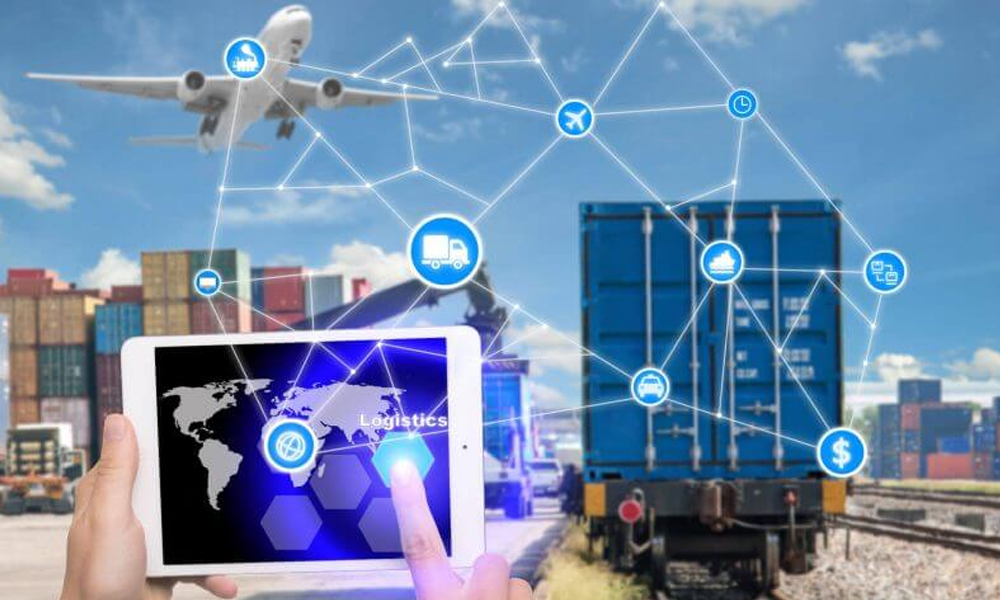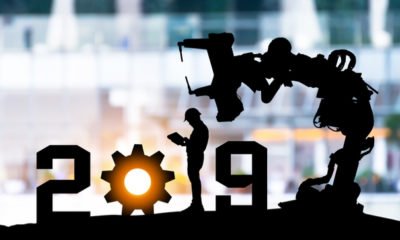
As IoT continues to expand, some companies have taken charge to lead innovation, develop new technologies, and facilitate IoT’s adoption in various industries.
The conversation around the Internet of Things (IoT) is picking up the pace even though the technology is still in its infancy. However, the IoT ecosystem is quickly developing and attracting interest from various technology stakeholders. In the recent past, various companies have made a substantial investment in the IoT, enhancing adoption of the technology in various industries.
Here are the top 10 IoT companies you should know about.
Intel
Intel has restructured its operations to accommodate a new data-centric vision. Intel’s IoT segment is one of the fastest growing in the industry, with the company recently announcing improvements on Joule, a computer module for IoT developers. Intel introduced Joule in 2016, and its high performance in a tiny, low-power package makes it ideal for IoT applications.
Google
Google marked its entry into the IoT market with the acquisition of Nest, a smart-thermostat producer, in 2014 for $3.2 Billion. Recently, the company launched Android Things to allow developers to create connected devices using Google services and Android APIs. Android Things is a major update of Google’s IoT operating system, Brillo, aimed at the smart-home market.
Amazon
Amazon Web Services (AWS) has the most prominent managed cloud platform that allows IoT devices to connect to cloud apps and other devices. Amazon offers a broad range of AWS services that let developers to build apps that collect and process data from IoT devices. Its platforms include AWS Lambda, Amazon Kinesis, and others. The company is expected to continue to promote its IoT services and remain as one of the top IoT companies globally.
IBM
IBM’s Watson Platform enables users to develop their IoT apps, manage their facilities, and monitor their assets. IBM recently announced its partnership with AT&T to merge its IoT programs with IBM’s developer and analytic services. IBM also has commenced cognitive computing to power data analytics and developer resources.
Microsoft
Microsoft developed its Azure Suite to enable users to connect, observe, and analyze IoT data virtually via the Azure Stream. To ease users’ transitions to IoT, Microsoft offered remote monitoring and maintenance solutions that enable individuals and businesses to scale their IoT projects. The company recently opened a new IoT lab to focus on developing IoT technologies.
Samsung
Samsung recently launched an IoT research campaign that will see the company spend over a billion dollars by 2020 in research efforts. Samsung also hopes to have its devices IoT ready soon. The company is currently working on ARM chips and API’s that will facilitate these devices’ connection to IoT platforms.
Cisco
Cisco ventured into IoT in 2016 after announcing multiple layoffs in a move to streamline its operations and focus on IoT. Today, the company offers IoT solutions in multiple industries including gas, aviation, and maritime applications. The company’s recent acquisition of Jasper Technologies and its partnership with IBM are the biggest indicators of the company’s commitment to IoT-technologies development.
GE
GE’s IoT platform is called Predix Cloud, the world’s first solution developed for analytics and industrial data. Predix allows companies to monitor and effectively analyze industrial-scale machine data. Recently, the company acquired ServiceMax, a field-device management company, to enlarge its IoT development.
Oracle
Oracle provides an IoT cloud service that enables users to connect their devices to the cloud as well as gather data and integrate it with enterprise applications and other Oracle Cloud Services. Oracle recently expanded its IoT portfolio with four cloud solutions to enable companies to leverage the gains of digital supply chains. The company has also partnered with cellphone giant Huawei to cooperate in IoT innovation.
AT&T
U.S. telecom AT&T developed M2X, a cloud-based data storage solution that will enable developers to launch their IoT apps. The platform is already in use in the automotive industry to offer a wide array of services including roadside assistance, weather reports, and Internet radio.
The IoT evolution is gaining momentum as major industrial stakeholders come into play. With the increased adoption of IoT technologies in the last few years, we are set to end the decade on a high in IoT-technology adoption.








